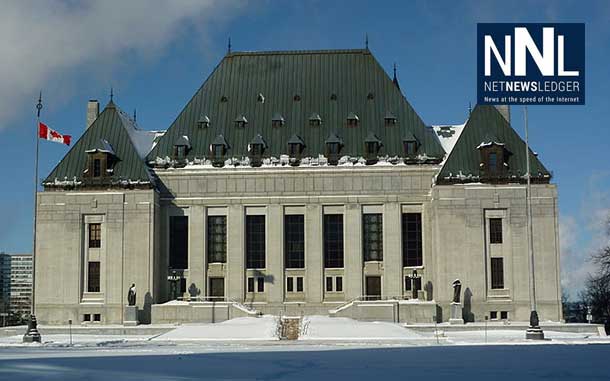Vancouver (Musqueam, Squamish and Tsleil-Waututh Territory) – The Squamish Nation, Tsleil-Waututh Nation, the Ts’elxwéyeqw Tribes and Coldwater Indian Band announce they are seeking leave for appeal to the Supreme Court of Canada. These four First Nations have fought and challenged the Trans Mountain Expansion (TMX) Project through every Federal court. They now intend to seek a challenge at the Supreme Court of Canada.
While some court processes are paused due to the COVID-10 pandemic, deadlines for seeking leave to appeal at the Supreme Court of Canada remain in effect.
The four First Nations initiated their appeals of the Federal Court of Appeal’s February 4, 2020 decision—known as Coldwater et al. vs. Canada—to the Supreme Court of Canada. The First Nations are challenging the adequacy of Indigenous consultation leading up to the second approval of the oil pipeline project.
“The Supreme Court of Canada needs to deal with the Federal Court of Appeal’s decision that essentially lets the government be the judge and jury of its own consultation efforts. We need the opportunity to address the flawed consultation and engagement conducted by the Federal government, given the strength of rights and title of the Squamish People to Burrard Inlet and Vancouver. Indigenous peoples have a constitutional right to meaningful consultation and the courts must scrutinize that process. This flawed decision cannot stand, and we must challenge it, not just for us but for any future project that may be challenged by First Nations,” said Khelsilem, Squamish Nation Spokesperson and Councillor.
“The issues are now bigger than just a pipeline and tanker traffic. The Coldwater case is a major setback for reconciliation and consultation in Canada because if it is left unchallenged, it would water down the consultation standard to be no more than a procedural hurdle,” said Tsleil-Waututh Chief Leah George-Wilson, also a lawyer at Miller Titerle.
The four nations have filed applications seeking leave to appeal the decision. If the Supreme Court of Canada decides that the legal issues raised are of national importance, they will grant leave and hear the cases.








